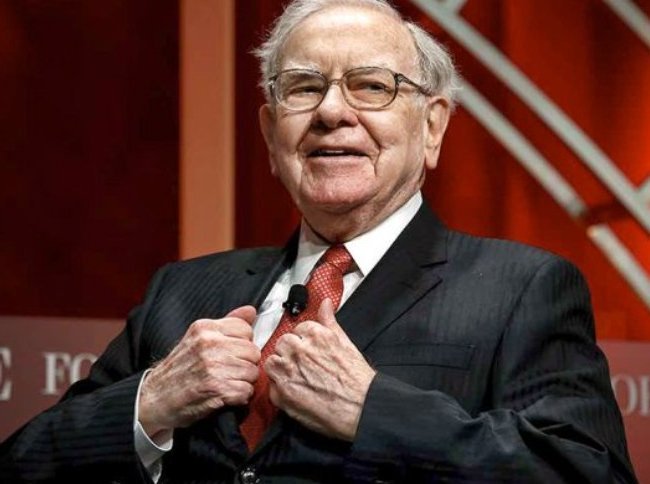$BYD $BRK.A #WarrenBuffett #BYD #InvestmentStrategy #EVMarket #StockMarket #Buffett #ValueInvesting #ChineseEV #LongTermInvesting
Why Did Warren Buffett Say Goodbye to BYD Shares? Here’s What Investors Can Learn!
In the latest warren news, Berkshire Hathaway has officially concluded its investment in BYD, the Chinese electric vehicle manufacturer. This marks the end of a 17-year partnership, a significant period that has seen both companies evolve within the rapidly changing landscape of the automotive industry. As Berkshire sold the last of its shares, BYD expressed gratitude to Warren Buffett and Charlie Munger for their longstanding support, highlighting the importance of this relationship in their growth journey.
Buffett’s decision to exit BYD is intriguing, especially given his historical affinity for companies with solid fundamentals and promising growth trajectories. However, the sale aligns with Buffett’s principle of reassessing investments regularly. He believes that holding onto an asset solely based on past performance can lead to missed opportunities, a sentiment that resonates with seasoned investors.
Understanding the Investment Landscape
Investors should take this moment to reflect on the broader implications of Buffett’s move. The electric vehicle sector has been increasingly competitive, with new players entering the market and established manufacturers ramping up their EV production. In this dynamic environment, it is crucial for investors to analyze market trends and adapt their strategies accordingly.
While BYD has made substantial strides in the EV market, Buffett’s exit may signal a shift in investment priorities or a reassessment of the company’s growth potential. This scenario embodies a fundamental investment lesson: diversification is key. By reallocating resources away from BYD, Berkshire Hathaway may be positioning itself to capitalize on other emerging opportunities in technology or renewable energy.
What This Means for Future Investments
Furthermore, this event teaches investors the importance of emotional detachment in investment decisions. Buffett and Munger’s farewell to BYD illustrates that even the most respected investors must make tough choices, prioritizing long-term strategy over emotional ties. This principle is vital, especially for retail investors who may become attached to certain stocks due to past performance or media hype.
As the market continues to evolve, understanding the macroeconomic factors that influence investment decisions is essential. Factors such as government regulations, competitive dynamics, and consumer preferences can drastically impact company valuations and should be carefully considered during the investment process.
Looking Ahead: The Road for BYD and Beyond
Moreover, BYD’s future remains bright, with its commitment to sustainability and innovation. Investors should monitor its performance closely, particularly as it ventures into new markets and develops advanced technologies. BYD’s focus on battery technology and energy solutions could yield significant returns, making it an intriguing option for those willing to navigate the risks associated with the EV market.
In conclusion, Warren Buffett’s farewell to BYD is a poignant reminder of the necessity to adapt strategies and remain vigilant in the ever-changing investment landscape. While the sale marks the end of an era for Berkshire, it opens new avenues for exploration and growth. By following Buffett’s example and embracing a disciplined approach to investing, individuals can better position themselves for future success.
For more insights on stock market trends and investment strategies, check out our stock analysis section. If you’re interested in cryptocurrency trends, visit our crypto news page.











Comments are closed.